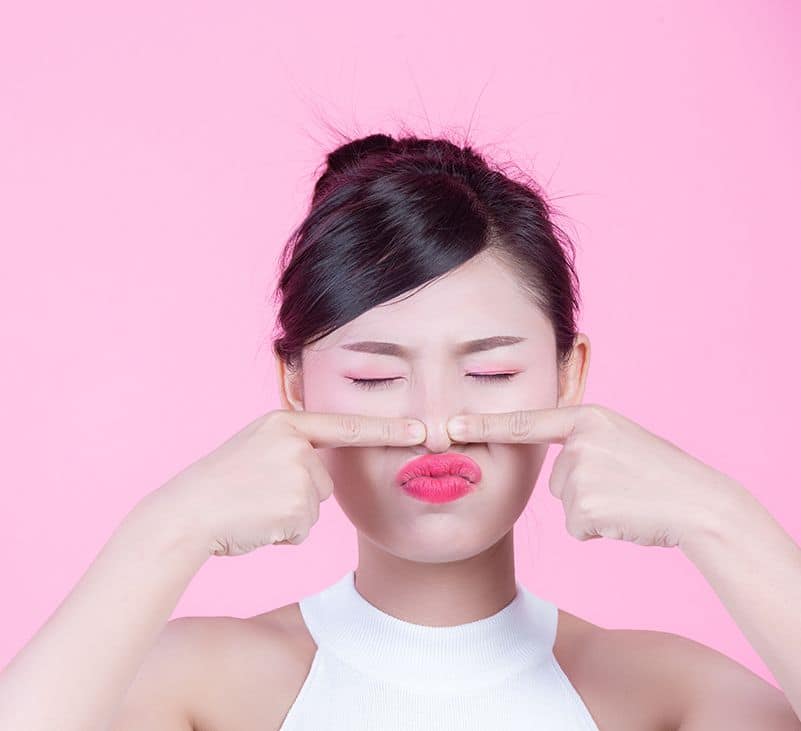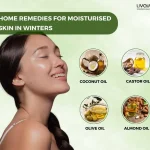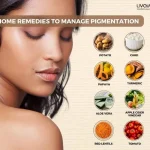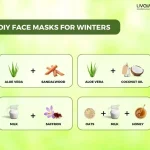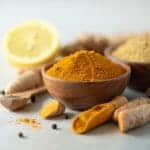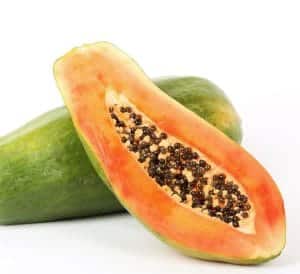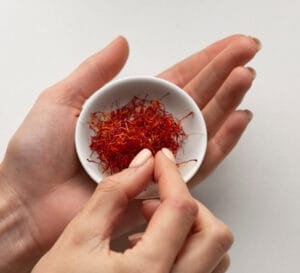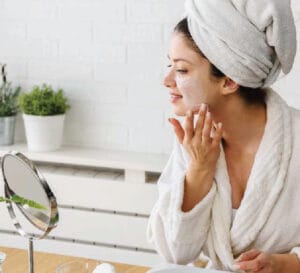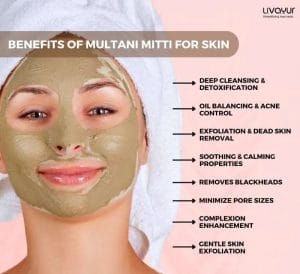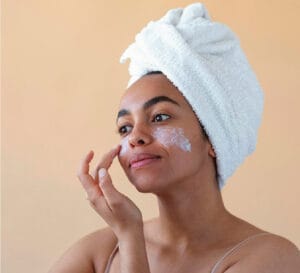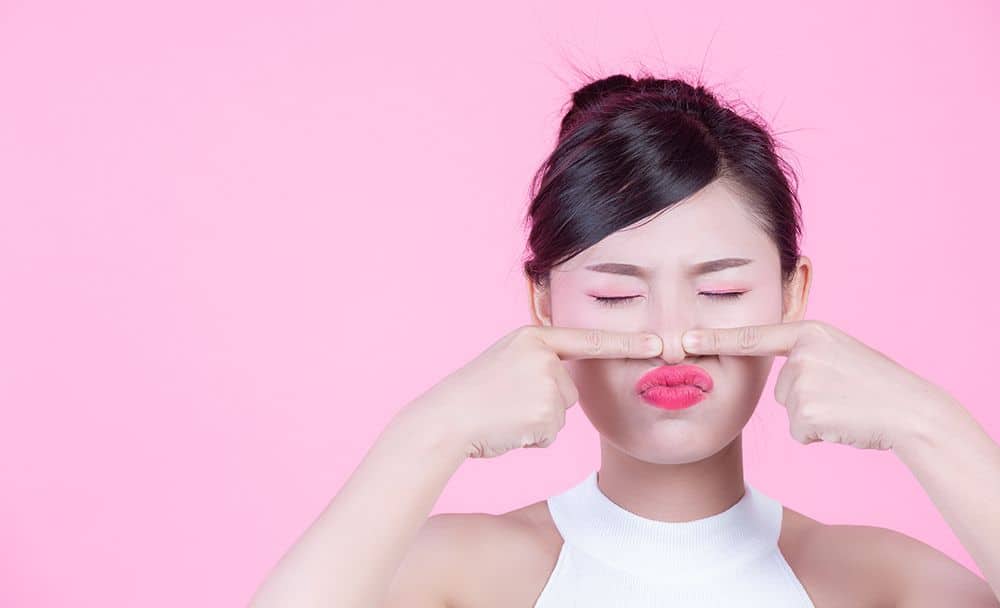
Are pesky blackheads on your nose causing you endless frustration? Fear not! Blackheads can be a real nuisance, but proper knowledge can help you successfully banish them from your life.
This comprehensive guide takes you through 15 proven ways. These tips will help you bid farewell to those stubborn blackheads and reclaim the smooth, clear skin you deserve. So, get ready to say goodbye to those bothersome blackheads and hello to a radiant, blemish-free nose.
What are blackheads?
Blackheads are a common and often unwelcome skin concern many of us have encountered at some point. Picture those tiny, dark spots that seem to reside on your nose, chin, or other areas of your face. They’re not pimples, but they’re not entirely harmless, either.
So, what exactly are blackheads? In simple terms, blackheads are a type of acne lesion. They develop when hair follicles on the skin become clogged with excess oil and other impurities. The accumulation of this gunk, known as comedones, creates a plug at the skin’s surface. The exposure to air causes it to oxidize and turn dark, giving blackheads their characteristic appearance.
While blackheads may not be as inflamed as their pimple counterparts, they can still be a nuisance. If left untreated, they can lead to more severe breakouts. Understanding the nature of blackheads is the first step in effectively combating them and achieving a healthier complexion.
What leads to blackheads on the nose?
Blackheads on the nose are like uninvited guests that won’t leave. So, what’s the cause behind them? Well, blame it on your skin’s natural handling of oil production and dead skin cells. Our skin has hair follicles, and each tiny strand has a job to do. They produce oil (sebum) to keep our skin lubricated and healthy.
Sometimes, these follicles go into overdrive and produce more oil than necessary. Combine that with dead skin cells that aren’t shedding correctly, and you’ve got the perfect recipe for blackheads. The excess oil and dead skin cells get trapped in the hair follicles, forming a comedone plug.
Unlike whiteheads that stay trapped under the skin, blackheads have an opening at the surface, exposing them to the air. The exposure causes the trapped debris to oxidize and take on that telltale dark color.
How to remove blackheads from the nose: 15 practical ways
Here are 15 proven methods on how to remove blackheadsfrom your nose.
- Regular cleansing
The foundation of any successful blackhead-fighting regimen is consistent and thorough cleansing. Make it a habit to wash your face twice daily with a gentle cleanser suited for your skin type. It will help remove excess oil, dirt, and impurities from your skin’s surface, preventing blackheads from forming in the first place.
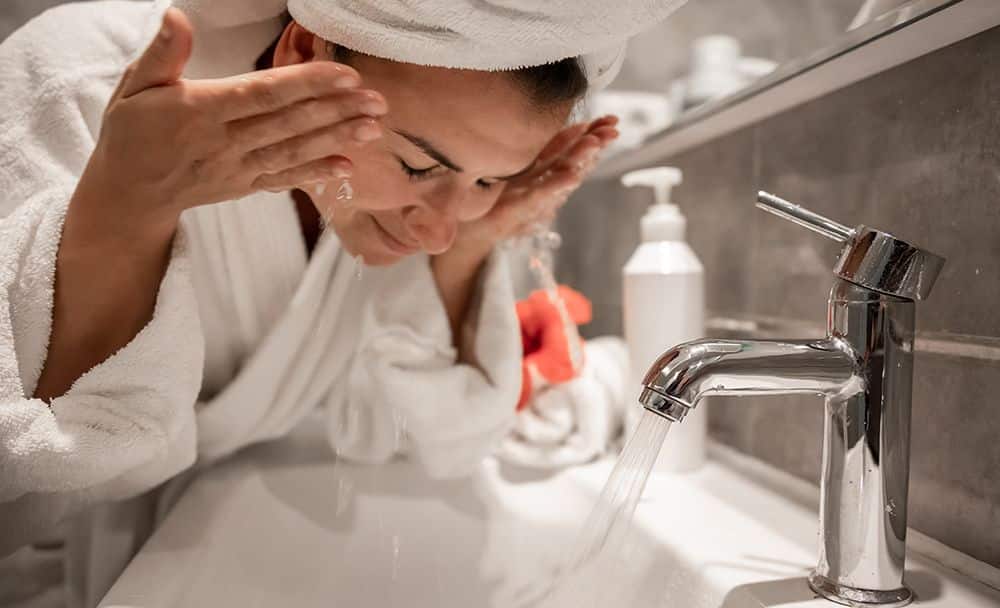
- Exfoliation
Regular exfoliation is vital to slough off dead skin cells that lead to clogged pores. Choose a mild exfoliator with non-abrasive particles, or opt for chemical exfoliants to dissolve debris build-up gently.
- Steam facial
Indulge in a steam facial once a week to open up your pores and loosen blackheads. Boil water, pour it into a bowl, and drape a towel over your head to create a steam tent. Gently expose your face to the steam for about 5-10 minutes, then follow up with a cleanse to remove the loosened impurities.
- Clay masks
Clay masks are excellent at absorbing excess oil and impurities from the skin. Opt for a clay mask containing kaolin or bentonite clay and use it once or twice a week to keep blackheads at bay.
- Aloe vera gel
Aloe vera is a soothing and anti-inflammatory natural remedy that can help treat blackheads. Apply pure aloe vera gel directly to the affected area and leave it on for 15-20 minutes before rinsing off. Its gentle properties can help reduce redness, irritation, and inflammation associated with blackheads.
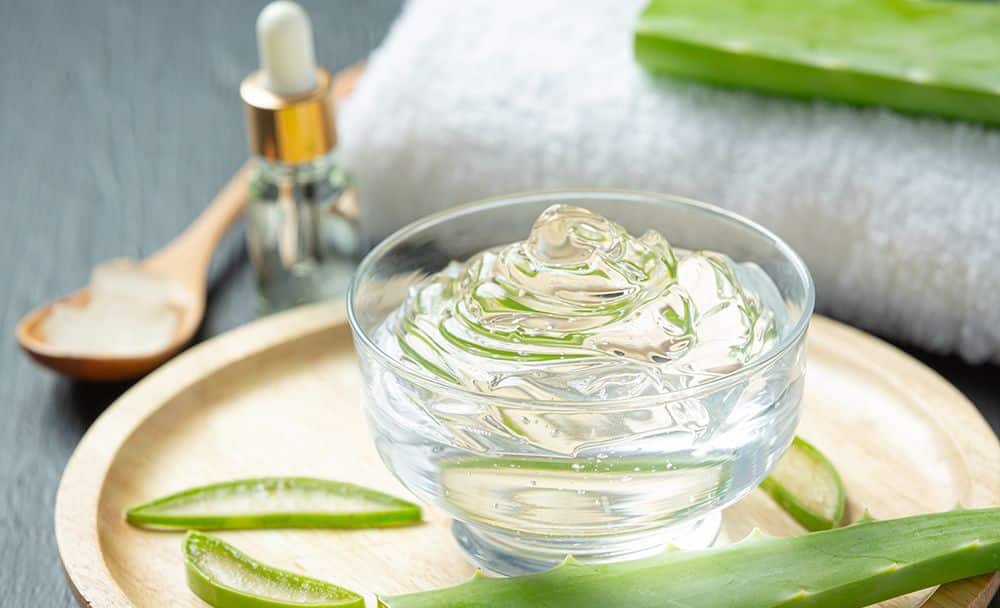
- Salicylic acid
Add products containing salicylic acid into your skincare routine. Salicylic acid is a potent BHA that penetrates the pores. It dissolves oil and debris and helps prevent blackheads.
- Retinoids
Retinoids, such as retinol, promote cell turnover and prevent pore blockage. Start with a minimal concentration and gradually increase to avoid irritation.
- Oil-free products
Choose oil-free or non-comedogenic skincare and makeup products to avoid clogging your pores further.
- Pore strips
While not a long-term solution, pore strips can provide a quick fix for extracting visible blackheads. Use them sparingly and according to the instructions to avoid damaging the skin.
- Blackhead extractor tools
If used carefully and correctly, a blackhead extractor tool can help gently remove stubborn blackheads. Ensure your skin is thoroughly cleansed and sanitized before use to minimize the risk of infection.
- Tea tree oil
Known for its antibacterial benefits, tea tree oil can be diluted and applied to blackhead-prone areas to help combat bacteria and reduce inflammation.
- Honey and cinnamon mask
Create a natural antibacterial mask by mixing honey and cinnamon. Apply it to your nose and leave it on for 10-15 minutes before rinsing off with warm water.
- Green tea toner
Green tea is antioxidant-rich and can help reduce excess oil. Use a green tea toner after cleansing to refresh and tighten your pores.
- Avoid touching your face
Refrain from touching your face with unwashed hands to prevent transferring bacteria and dirt, which can exacerbate blackhead formation.
- Balanced diet and hydration
Maintain a balanced diet of fruits and vegetables. Drink enough water to keep your skin hydrated and healthy.
Things to avoid for blackhead removal from the nose
While we’ve covered effective ways to tackle blackheads, it’s equally important to know what to avoid to prevent exacerbating the issue. Here are some common pitfalls to steer clear of when attempting to remove blackheads from your nose:
- Squeezing or picking
As tempting as it may be, avoid squeezing or picking at blackheads with your fingers or nails. It can lead to inflammation, redness, and even infection. Improper extraction may also cause the blackhead to go deeper into the skin, making removing it more difficult.
- Harsh scrubs
Avoid harsh physical scrubs with large, rough particles that irritate and damage the skin. These scrubs may cause microtears and worsen the appearance of blackheads.
- Heavy oils and comedogenic products
Avoid heavy oils and products with comedogenic ingredients that can further clog your pores. Always check product labels and opt for non-comedogenic or oil-free alternatives.
- Over-washing
While cleansing is essential, excessive washing can affect the skin’s natural oils and disrupt its balance. Stick to cleansing twice a day to maintain a healthy skin barrier.
- Using toothpaste or baking soda
Despite common misconceptions, toothpaste or baking soda on blackheads can be too harsh for the skin. These ingredients may cause irritation and aggravate the condition.
- Hot water steam
While steam facials can be beneficial in moderation, avoid exposing your face to scorching water steam. High temperatures can lead to skin dryness and worsen inflammation.
- Not removing makeup
Remove makeup before bedtime to prevent makeup residues from mixing with oil and debris, which can lead to clogged pores and blackheads.
- Skipping sunscreen
UV rays can worsen skin inflammation and increase the risk of blackheads. Protect your skin with a sunscreen with at least SPF 30.
- Ignoring allergenic products
If you notice certain products cause skin irritation or breakouts, discontinue using them. Everyone’s skin is different, so pay attention to what works best for you.
- Sharing makeup and skincare tools
Sharing makeup brushes, sponges, or skincare tools can spread bacteria and worsen blackheads. Keep your tools clean and avoid sharing them with others.
When to see a dermatologist?
In most cases, blackheads on the nose can be effectively managed with proper skin care and home remedies. However, here are some situations where medical advice from a dermatologist is advisable.
- Severe or persistent blackheads
If your blackheads are particularly stubborn, numerous, or don’t respond to over-the-counter treatments, it’s a good idea to consult a dermatologist.
- Inflamed or painful blackheads
If your blackheads become red, swollen, or painful, it might indicate an infection or a more severe skin issue. A dermatologist can diagnose the underlying cause and provide appropriate treatment.
- Excessive irritation or allergic reactions
If you experience excessive skin irritation or an allergic reaction to any skincare product or treatment, stop using it immediately. Furthermore, consult a dermatologist.
- Skin complications
If you notice any unusual changes in your skin, such as cysts, nodules, or other skin abnormalities, seeking professional evaluation is essential to rule out potential complications.
- Persistent acne breakouts
If blackheads accompany frequent acne breakouts, which could be cystic or inflammatory, a dermatologist can help determine the best course of action.
- Skin discoloration or scarring
If blackheads have caused skin discoloration or left behind noticeable scars, a dermatologist can recommend treatments to fade pigmentation.
- Unexplained skin changes
Any sudden and unexplained changes in your skin beyond the scope of blackheads need evaluation by a dermatologist to ensure no underlying health issues.
Ayurveda and blackheads
Ayurveda offers valuable insights into the management of various skin concerns, including blackheads. According to Ayurvedic principles, blackheads are associated with an imbalance in the “Kapha” dosha, representing water and earth elements. The imbalance can produce excess oil and blockage of the skin’s pores.
Ayurvedic remedies for blackheads often focus on restoring harmony to the doshas through internal and external treatments. Herbal formulations containing ingredients like neem, turmeric, and tulsi possess antibacterial and anti-inflammatory properties. They help cleanse the skin and reduce blackhead formation.
Additionally, Ayurvedic practitioners emphasize a healthy lifestyle, proper diet, and stress reduction to address the root causes of blackheads. While Ayurveda can be a holistic approach to managing blackheads, consulting with a qualified Ayurvedic practitioner to tailor treatments to individual needs is essential.
FAQs
1. How to remove blackheads at home
2. How to remove blackheads from the face
3. How to remove blackheads on the nose naturally at home
4. Home remedies to remove blackheads
5. How to remove blackheads from the nose permanently
6. How to remove blackheads at home instantly
7. How to remove blackheads naturally
Conclusion
Getting rid of blackheads from the nose is a journey that requires a combination of patience and consistency. Remember to start with a simple and gentle skincare routine, incorporating regular cleansing and exfoliation. Furthermore, consider the benefits of natural remedies like aloe vera and tea tree oil.
Avoid common mistakes, like squeezing or using harsh scrubs, and be mindful of your skin’s unique needs. While complete eradication of blackheads may not be possible, managing and minimizing their appearance is achievable with the right approach. Embrace a holistic outlook by maintaining a balanced diet, staying hydrated, and managing stress.
If you struggle with persistent blackheads, don’t hesitate to seek guidance from a dermatologist for personalized advice. With these proven ways to fight blackheads, you can confidently bid farewell to those pesky black spots and say hello to a more radiant and confident you.
Disclaimer
The information provided here does not mean to replace professional advice or treatment.




